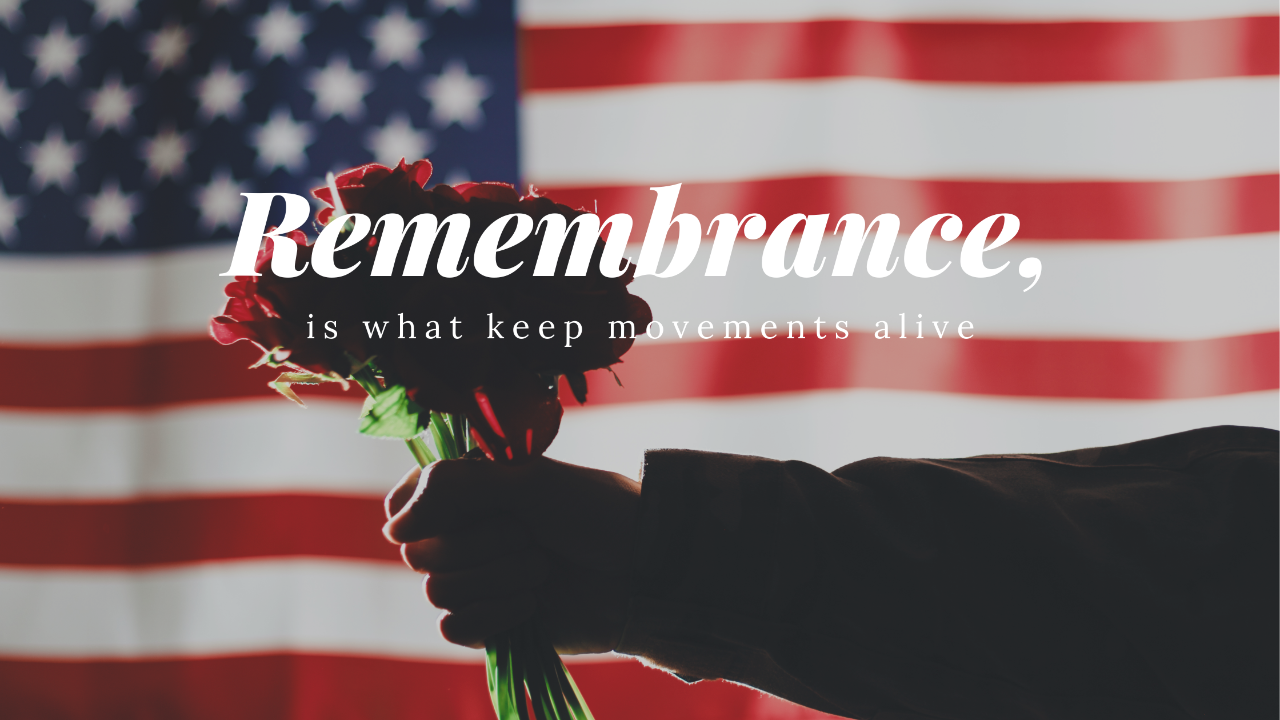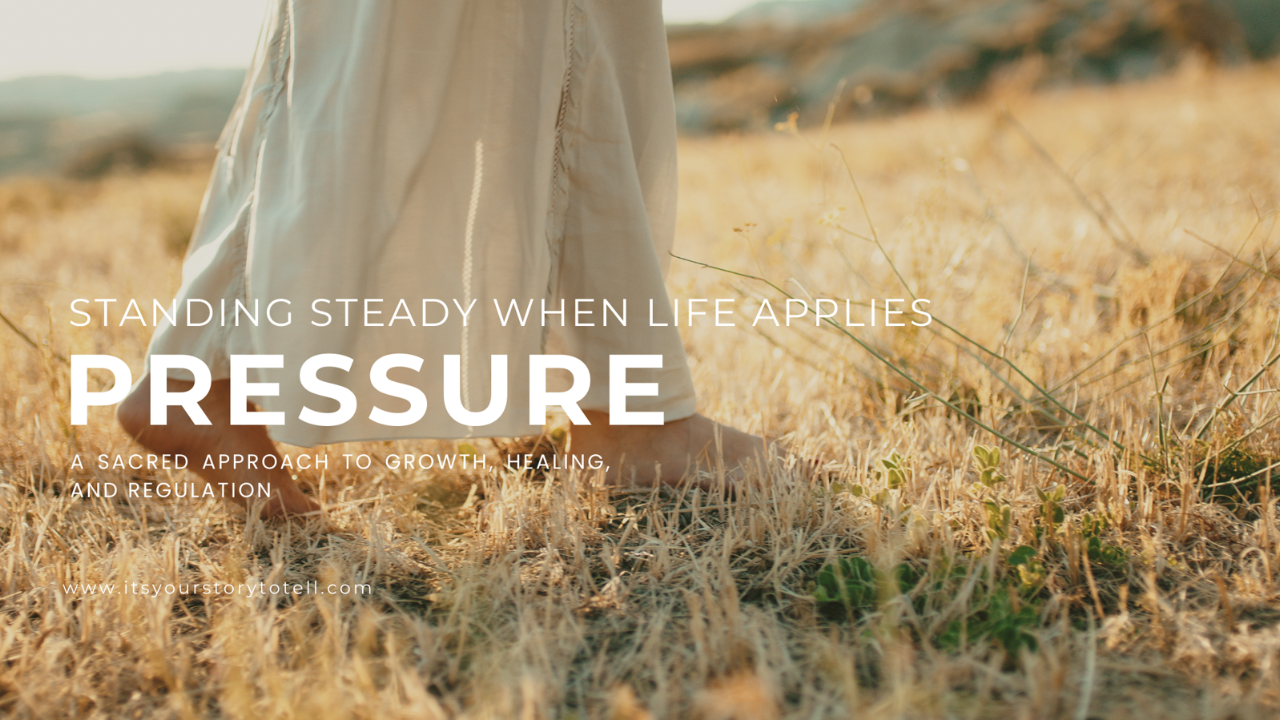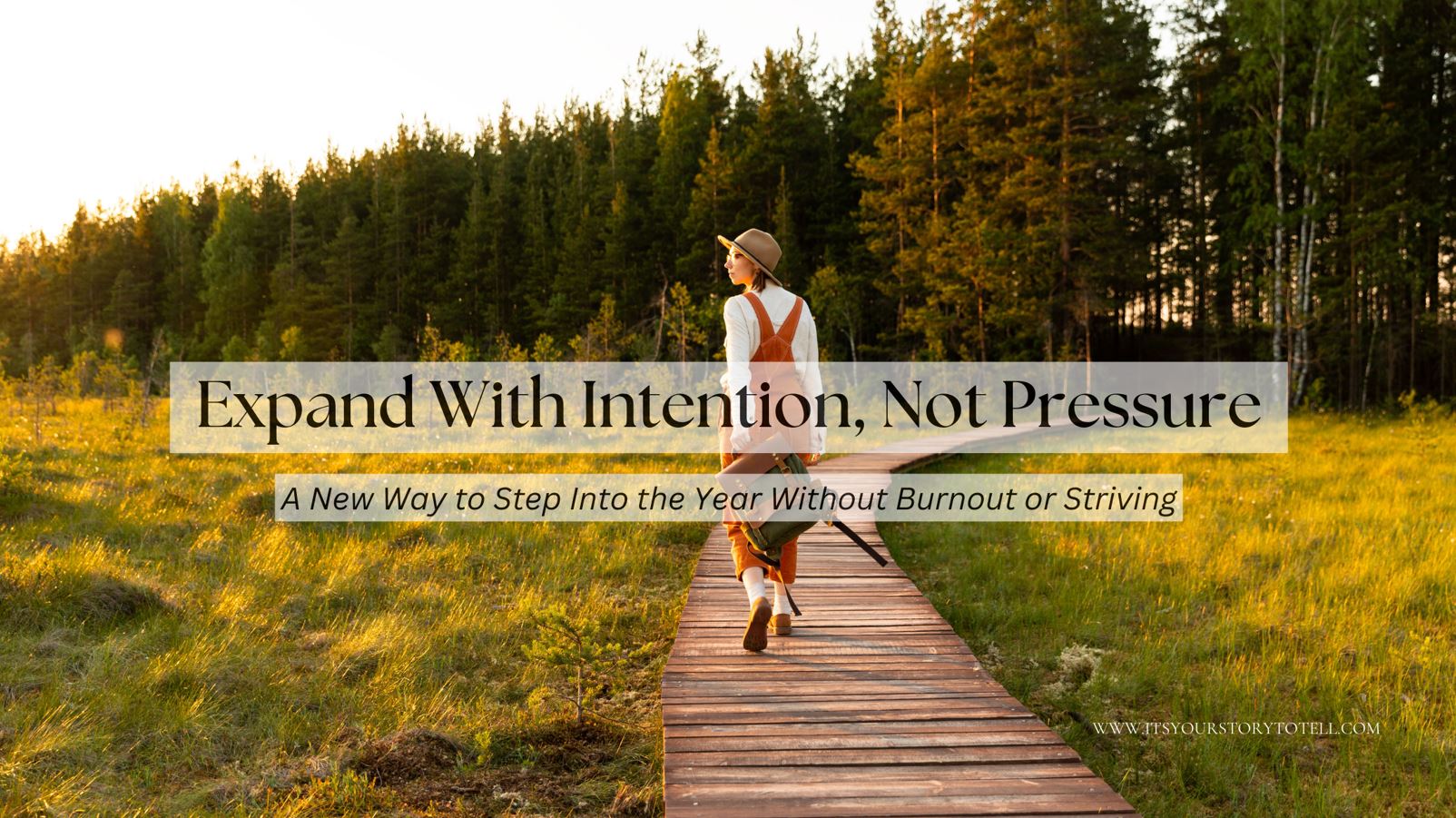How Your Beliefs Impact Your Well-Being
Sep 02, 2024
In life, our perceptions often shape our reality. How we view ourselves, others, and the world around us significantly influences the outcomes we experience. This concept, deeply rooted in psychological research, is known as a "mindset." Popularized by Stanford psychologist Carol Dweck, the term underscores how our beliefs about our abilities and potential directly affect our success and overall well-being.

The Power of Mindsets
Mindsets are essentially the lenses through which we view our lives. They shape our thoughts, behaviors, and responses to challenges. While everyone has a mindset, what sets individuals apart is whether their mindset is fixed or growth oriented.
1. Fixed vs. Growth Mindsets
- Fixed Mindset: People with a fixed mindset believe that their abilities, intelligence, and talents are static traits. They think they are born with a certain level of intelligence or talent and that this cannot be altered. Consequently, they often avoid challenges, give up easily, and view effort as futile. They may also feel threatened by others' success, leading to a constant need for validation.
- Growth Mindset: In contrast, individuals with a growth mindset believe that their abilities can be developed through hard work, dedication, and learning. They view challenges as opportunities for growth, see effort as a pathway to mastery, and persist despite setbacks. Rather than feeling discouraged by others' success, they draw inspiration from it, recognizing that learning from others can enhance their own development.
2. How Mindsets Shape Life Outcomes
Mindsets don’t just influence how we feel about ourselves; they play a crucial role in shaping our life outcomes.
Here’s how:
- Resilience in Adversity: A growth mindset fosters resilience. When encountering obstacles, individuals with a growth mindset are more likely to persist, viewing setbacks as temporary and manageable. This resilience can lead to greater achievements, as they are more inclined to learn from failure and keep striving towards their goals. In contrast, those with a fixed mindset may see failure as a reflection of their inherent limitations, leading them to give up prematurely.
- Approach to Learning: Mindsets significantly affect how we approach learning and self-improvement. A growth mindset fosters continuous learning and development, promoting lifelong growth. Individuals with this mindset actively seek out new experiences, embrace challenges, and are more likely to achieve both personal and professional advancement. In contrast, a fixed mindset can instill a fear of trying new things, as individuals may worry about revealing their perceived inadequacies.
- Relationships and Social Interactions: The type of mindset we hold also impacts our relationships. Individuals with a growth mindset are more likely to approach relationships with empathy, understanding, and a willingness to learn from others. They view conflicts as opportunities for growth and work towards resolution. In contrast, those with a fixed mindset may struggle with interpersonal issues, as they might be less open to feedback and more prone to holding grudges.
- Health and Well-being: Research indicates that a growth mindset can positively influence both physical and mental health. Individuals who believe they can improve their health through effort are more likely to engage in healthy behaviors, such as regular exercise and balanced nutrition. Moreover, a growth mindset can help reduce stress and anxiety by encouraging a proactive approach to challenges rather than a defeatist attitude.
- The Science Behind Mindsets: The concept of mindsets is supported by a growing body of scientific research. Neuroscientific studies reveal that our brains are more malleable than once believed, a concept known as neuroplasticity. This means that with effort, we can rewire our brains to develop new habits, learn new skills, and even alter aspects of our personalities.
For example, Research by Stanford psychologist Carol Dweck found that students who learned about the brain's ability to grow and change showed significant improvements in their academic performance. This study illustrates that when people understand that their abilities can be developed, they are more likely to invest the effort required to succeed.
3. Cultivating a Growth Mindset
The good news is that mindsets are not fixed. Here are some strategies to cultivate a growth mindset:
- Embrace Challenges: Instead of avoiding challenges, see them as opportunities to learn and grow. Challenges help stretch your abilities and expand your potential.
- Learn from Criticism: Feedback, even if negative, is valuable. Use it as a tool for improvement rather than taking it personally.
- Celebrate Effort, Not Just Results: Focus on the effort you put into tasks, not just the outcome. Recognize that effort is the path to mastery.
- Reflect on Failures: Instead of seeing failure as a setback, view it as a path to success. Reflect on what you can learn from each failure.
- Surround Yourself with Growth-Minded Individuals: The people you spend time with can influence your mindset. Surround yourself with those who encourage growth and learning.

Our mindsets profoundly shape our lives. By understanding and cultivating a growth mindset, we can unlock our full potential, overcome challenges, and lead more fulfilling lives. Whether in our careers, relationships, or personal development, the power of mindset is undeniable. Embrace the belief that you can grow and improve and watch as your life transforms in ways you never thought possible.
View The Entire Collection
See all our blog posts to discover valuable insights and tools for navigating trauma and healing with guidance and support.












